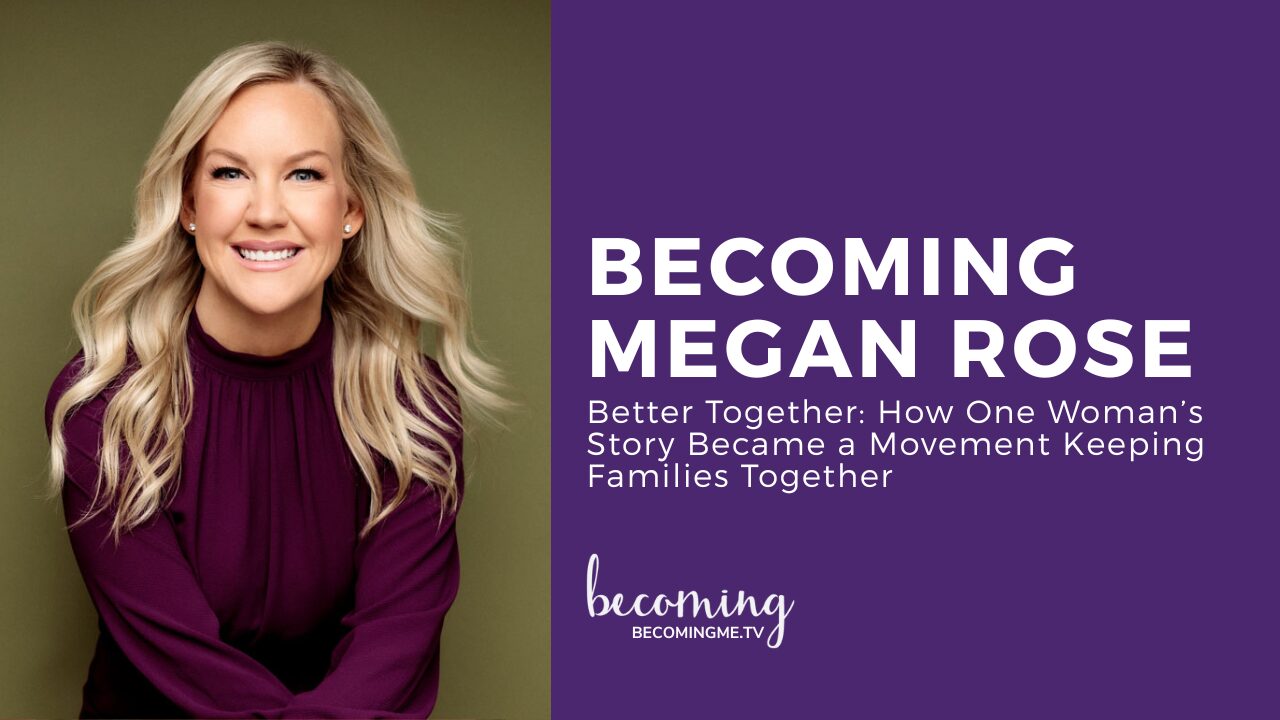Today’s post comes from a fellow twenty something, Leading & Loving It‘s Communications Director, and my friend, Kaylee Zentai. Kaylee also recently shared her journey of becoming the woman God made her to be. Check it out here. Brew your favorite cup of coffee and dive into some incredible truths on the reality that over-apologizing is actually a dangerous habit…
Recently, I discovered a habit that I’ve formed over the years. I’ve caught myself apologizing…for everything. I apologize to strangers if I’m walking on the same side of the hallway as them. I apologize to drivers who cut me off as if I am in the wrong. I apologize for putting my drink on the table at lunch. I apologize for trying something and not being an expert at it the first time. The point is, I over-apologize. And it’s not just me. I’ve shared this observation with some of my closest girl friends who not only call me out on over-apologizing now, but have also recognized this about themselves. I was even at a restaurant the other day and a girl apologized to me because she was washing her hands.
What’s so wrong with apologizing? Isn’t it just being polite? No. When we over-apologize, there are two very dangerous things that happen consequently. The first is that we diminish the value of our apologies. It’s probably safe to say that we’ve all got that friend that “loves” everything. They love their new shoes, they love the weather, they love every person they come in contact with, and they LOVE T. Swift’s new album (but who doesn’t?!). She doesn’t like everything—she LOVES it. So when she tells you she loves you, it doesn’t mean a whole lot. That’s because she uses the word “love” so much its value has diminished. It has equated her compassion for people with her enjoyment in things. The same thing happens when we over-apologize.
The second harmful thing that happens when we over-apologize is that we begin to oppress ourselves. This sounds a bit dramatic, but it’s something that happens to us over time. Every time we apologize for something, we are accepting that we’ve done something wrong and we are at fault. Over-apologizing trains our brains to think that we are automatically at fault or inherently wrong. Eventually we lose our confidence. We begin to walk a little bit hunched over. We begin to doubt ourselves. We begin to quiet our voice.
There is a time and a place for apologizing with sincerity. James 5:16 tells us to “Confess your faults one to another, and pray one for another” (KJV). We’re all human—we mess up and should apologize. But these apologies should be genuine and in response to a fault we’ve made and carry some weight.
So, here are some practical ways to stop saying sorry:
- Save your “sorry”s for real apologies
- Start saying “excuse me” when it’s applicable
- If you don’t know what to say, just smile
Breaking habits isn’t always the easiest, but I’m choosing to stop saying sorry because I not only want my apologizes to mean something, but I also value myself enough to stop robbing myself of my confidence.

